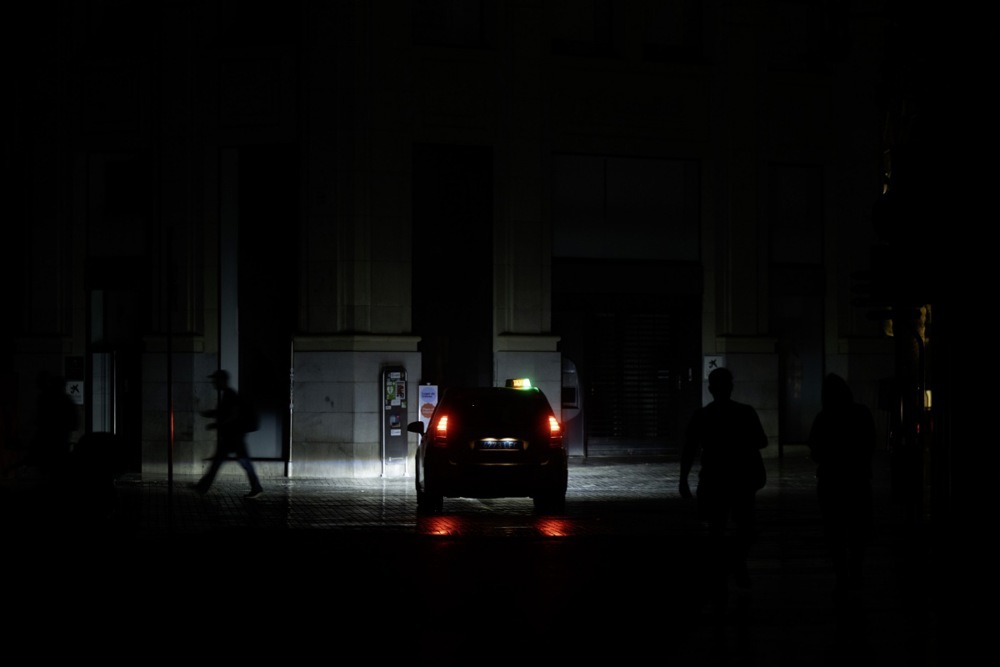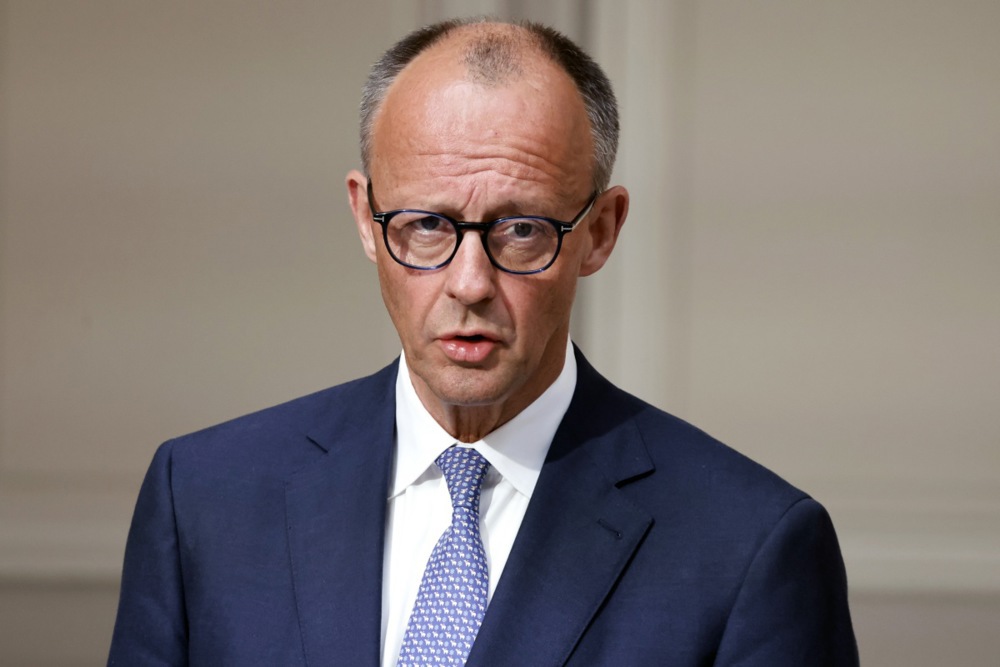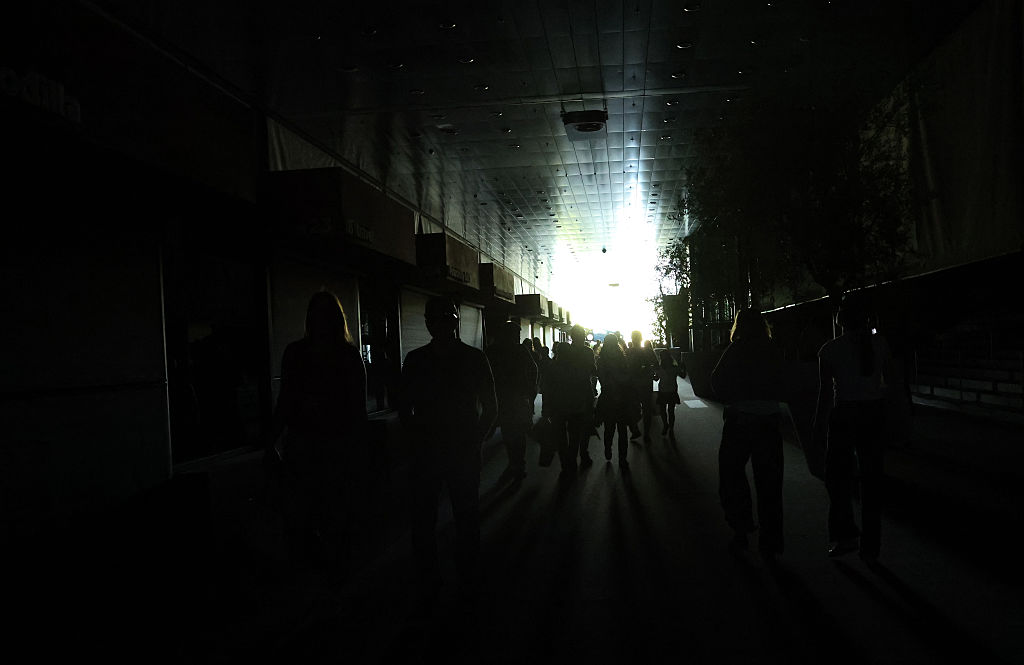Spanish Prime Minister Pedro Sánchez has doubled down on his plans to expand on renewable energy while continuing to fiercely oppose nuclear power, apparently ignoring expert consensus.
His comments came despite authorities still not knowing what caused the crippling electricity blackout in Spain on April 28.
Speaking about the huge outage that plunged the Iberian Peninsula into darkness for hours and brought daily life to a standstill, Sánchez told the Spanish parliament during the May 7 plenary session that Spain had “one of the safest electricity systems in the world”.
Yet 10 days after the blackout, he was forced to admit he still did not know what had caused the disruption, offering only “preliminary technical information” about the incident.
“The process will take time because to do so, we will have to examine … in a meticulous manner about 756 million pieces of data,” Sánchez told the Parliament.
“Citizens want to know what happened. I want to assure them that the government does too,” he added, promising to “get to the bottom of the matter”.
“What we are not going to do is close the debate prematurely. We are not going to jump to conclusions.”
He went on to defend renewable energy and attack nuclear power.
He claimed: “Nuclear has proven not to be a useful energy and did not contribute to recovering supply. It was hydroelectric plants and combined cycles.”
Southern Europe was hit by a major electricity outage affecting millions of people in the Iberian Peninsula and beyond, paralysing infrastructure, communication and transportation. https://t.co/2oYvCGK9CN
— Brussels Signal (@brusselssignal) April 28, 2025
Spain’s Minister of Ecological Transition, Sara Aagesen, had already indicated on May 5 that three disruptions on April 28, which occurred in less than 30 seconds, had been identified, leading to the sudden loss of 15 gigawatts of electricity.
Although most experts agreed on the role of renewable energy and the accompanying lack of inertia and stabilisation on the grid, unlike with nuclear energy, Sánchez claimed there was “no empirical evidence that tells us that the incident was caused by an excess of renewable energy or a lack of nuclear energy”.
He said that claims to the contrary were a “gigantic manipulation”.
Sánchez condemned the “apocalyptic” narratives he likened to a Netflix series and the “vested interests” of the Right, energy companies and pressure groups trying to slow the push for renewables and reverse the phasing out of nuclear power.
The PM said his government would continue to shut down its nuclear power plants, adding: “Nuclear has proven not to be a useful energy and did not contribute to recovering supply.”
He proclaimed that his government was not going to deviate “one millimetre” in its energy policy. “There is not a single serious study that says that nuclear power is essential in Spain,” he said.
“Spain’s energy future is either ‘green’ or it will not be.”
Sánchez’s comments caused anger among the opposition. Alberto Núñez Feijóo of the centre-right Partido Popular accused “the entire leadership of the Ministry of Ecological Transition for their fanaticism”.
He said the government’s model “is not ecological, it is ideological”.
Feijóo demanded “an independent international investigation” into the causes and queried whether the PM knew more but hid it or in fact had no idea.
Feijóo described Sánchez’s energy model as a”failed” one that forced Spain “to beg for nuclear energy from France” after the recent blackout and had led it to boost gas purchases “from Russian oligarchs” in recent years.
Santiago Abascal, of the populist right-wing Vox Party, demanded the resignation of Sánchez because in his eyes he had failed to listen to the many warnings of a possible blackout due to government policies in the past.
He noted that Spain had never experienced such a power outage before. “It has shut down on you, Mr Sánchez — we’re not sure if it’s because you’ve been playing at being the lord of the solar panels,” he said.
Spain was warned well before the outage across the Iberian Peninsula that it risked severe energy blackouts due to its reliance on renewable energy, it has been disclosed. https://t.co/oy30kPES7P
— Brussels Signal (@brusselssignal) April 30, 2025
Joining the critics in the Spanish parliament was Jordi Sevilla, a former cabinet minister with the previous left-wing government. In a scathing op-ed, published on May 8, he eviscerated Sánchez’s energy policies and handling of the blackout investigation.
Sevillia noted that the Spanish grid had undergone a total [renewable] revolution in just a few years, with a lot of public subsidy behind it but that the many technical risks, which he said were well known, were not addressed at all.
He further stressed the usefulness of nuclear energy as a back-up technology.
“No one can say that they did not know that the massive integration of renewables … required significant changes in regulations, in investment in networks and in the procedures of the system and the operator if they wanted to continue guaranteeing supply and reducing the risks of a blackout,” Sevilla said.
“We can already say that, in all this, in this essential accompaniment to the growth of renewables, the slowness of action by those who correspond has been excessive.”
The European Union has unrealistic goals for renewable hydrogen energy, despite close to €20 billion in funding, the EU’s financial watchdog has said. https://t.co/X6L96XfPTW
— Brussels Signal (@brusselssignal) July 17, 2024





